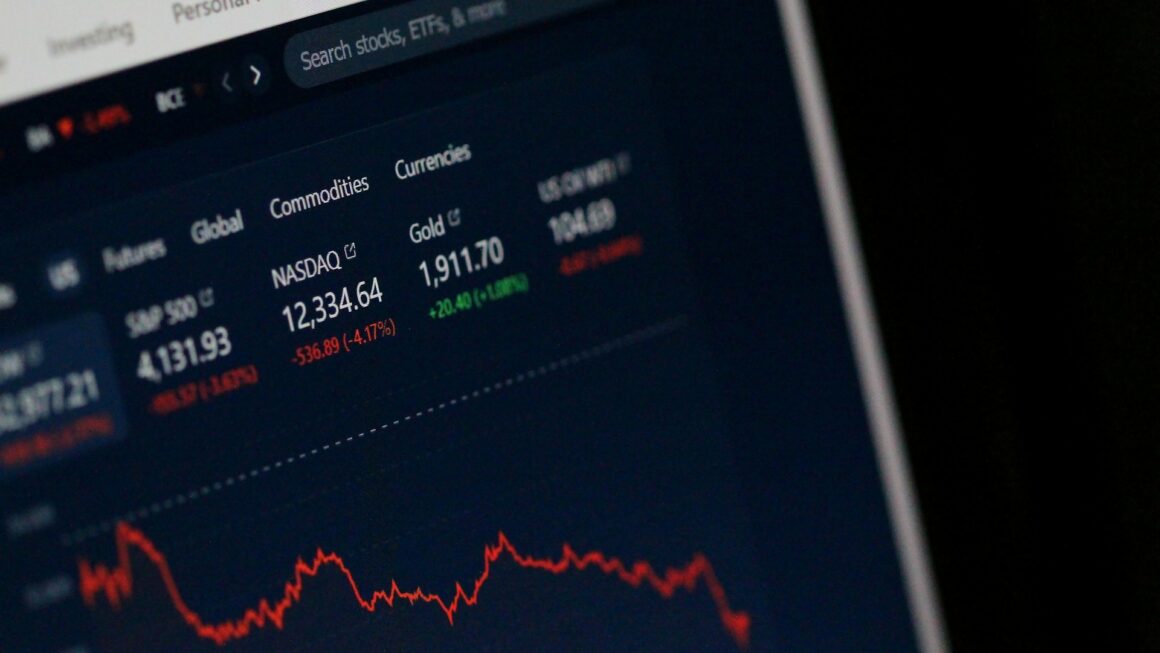As the world grapples with the aftermath of the COVID-19 pandemic, it’s no surprise that questions about the stability of the global economy continue to arise. The shifting dynamics of trade, inflation, and employment—compounded by geopolitical tensions—have left many wondering:
Is there an economic crisis on the horizon? Experts in the field of economics offer differing perspectives, but one thing remains clear: economies worldwide are undergoing significant transformations.
Even the casino and entertainment industries, often seen as recession-resistant, are beginning to feel the pressure. From operational expenses to consumer spending habits, the effects of inflation and economic uncertainty are reshaping how casinos, both physical and online, do business.
The iGaming industry, which thrives on consumer engagement and discretionary spending, is particularly sensitive to these economic shifts. When people tightened their wallets, online gaming platforms, like Vegasnova, adapted to changing player behavior, often by offering more flexible betting options, bonuses, or promotions to keep engagement high.
As economic pressures rise, even sectors like luxury living are feeling the effects. High-end real estate markets are showing signs of slowing as rising costs, labor shortages, and interest rates dampen the appetite for luxury investments. Similarly, the iGaming sector is seeing changes in consumer preferences, with players increasingly searching for value-driven experiences rather than high-stakes betting.
Rising Inflation and Supply Chain Disruptions

One of the primary concerns fueling economic anxiety is the persistent rise in inflation. In many developed economies, inflation rates have surged to levels not seen in decades. For instance, in the United States, inflation hit a 40-year high, with food and energy costs rising sharply.
The impact of inflation is multifaceted. On the one hand, it erodes consumer purchasing power, making everyday goods and services more expensive. On the other hand, it can drive up interest rates as central banks seek to control the rising costs of living.
Supply chain disruptions have played a significant role in inflationary pressures. The pandemic’s global impact on production and shipping has created bottlenecks in the movement of goods. While some countries have recovered more quickly than others, the ripple effects continue to be felt across various industries. Shortages of key materials, especially in the tech and automotive sectors, have led to delayed production timelines, further driving up costs.
The Role of Geopolitical Instability

Geopolitical tensions also contribute to economic instability. Conflicts such as the war in Ukraine and trade disagreements between major global powers have sent shockwaves through financial markets. Sanctions, trade barriers, and volatile energy prices have created uncertainty for both businesses and consumers.
Energy prices, in particular, have been volatile, with crude oil prices experiencing sharp spikes, primarily due to disruptions in oil production in key regions. The ongoing conflict in Ukraine has significantly disrupted gas supplies to Europe, resulting in higher energy prices that have not only strained household budgets but also had a ripple effect on industries that depend on affordable energy.
Another area of concern is the rising national debt in many countries. In the wake of the pandemic, governments worldwide increased spending to stabilize their economies, often through fiscal stimulus programs.
While these measures were necessary to avoid deeper recessions, the growing national debt raises the question of how sustainable such policies are in the long term. Economists warn that excessive debt could eventually lead to austerity measures, which would have a significant impact on citizens’ quality of life.
Global Economic Growth Slows Down

In addition to inflation and geopolitical instability, global economic growth is slowing down. After a sharp recovery from the COVID-19 recession, many countries have found themselves grappling with lower-than-expected growth in recent quarters.
The International Monetary Fund (IMF) has lowered its global growth forecasts, citing risks associated with rising inflation, supply chain disruptions, and heightened geopolitical tensions.
Some of the most prominent economies, including the U.S., the European Union, and China, are expected to see slower growth in the coming years. A slowdown in global trade and investment, combined with high levels of debt, could trigger a global economic recession if not properly managed.
How Businesses and Consumers Are Reacting
Despite these challenges, businesses and consumers are adapting to the changing economic environment. Companies are diversifying their supply chains, investing in technology to enhance efficiency, and exploring new markets to mitigate the effects of rising costs. On the consumer side, many individuals are rethinking their spending habits, prioritizing essential goods and services while cutting back on discretionary spending.
Financial experts also stress the importance of diversification in both investment portfolios and business strategies. As the global economy faces greater volatility, investors are looking to hedge their risks by diversifying across different asset classes and geographies. Businesses are likewise adopting more flexible strategies, such as remote work and digital transformation, to reduce overhead costs and improve resilience against future shocks.
Is There an Economic Crisis on the Horizon?

So, is an economic crisis on the horizon? While many of the warning signs are present, it’s important to note that crises are not always inevitable. Governments and central banks around the world are actively working to manage the economic challenges at hand. Interest rate adjustments, fiscal policies, and diplomatic efforts to resolve conflicts are just a few of the tools at their disposal.
However, the path forward is uncertain. The global economy faces an intricate mix of challenges, and its future will depend on how effectively these issues are addressed. It’s clear that businesses, consumers, and governments alike will need to be prepared for the possibility of economic turbulence. The key to navigating this uncertainty lies in adaptability and forward-thinking strategies that can weather the storm.
As we look toward the future, it’s important to remember that while economic cycles are inevitable, crises are not always as catastrophic as they may seem. Understanding the broader economic landscape, seeking expert advice, and making informed decisions can help mitigate risks and open new opportunities. The coming years may hold challenges, but they also present avenues for growth, innovation, and resilience.
In conclusion, while there are several indicators suggesting economic vulnerability, the question remains: Is there an impending crisis? Only time will tell, but with careful preparation, both individuals and businesses can position themselves to face whatever challenges arise. The global economy may be at a crossroads, but with the right strategies, it can emerge stronger than ever.




![Best Trading Apps in the UK Ranked for 2024 [Beginner-Friendly]](https://usefinance.org/wp-content/uploads/2024/04/Best-Trading-Apps-in-the-UK-Ranked-for-2024-Beginner-Friendly.jpg)